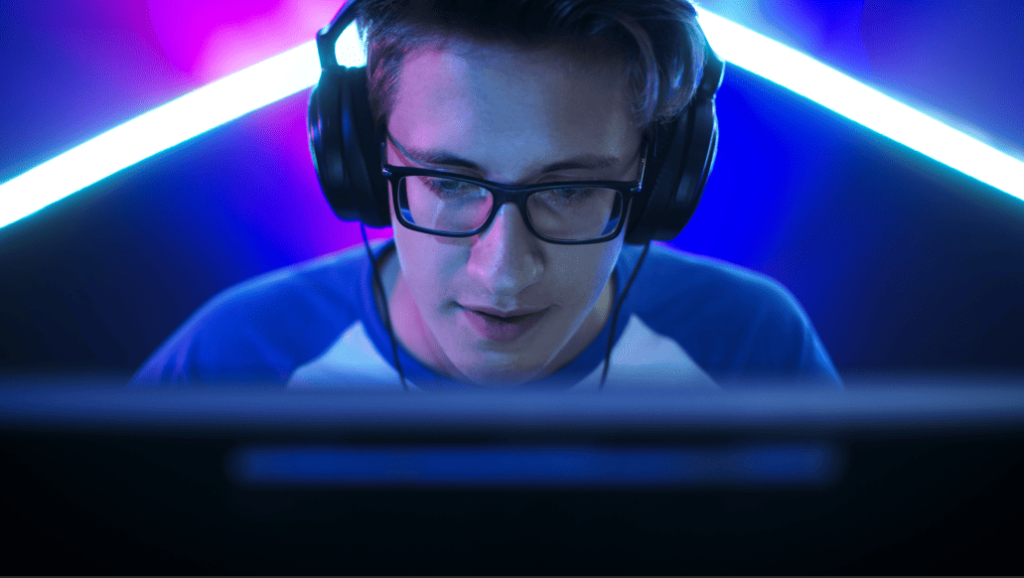Just like there can be positive things that come out of playing video games, it’s worth noting that there are some negative things, too. According to Forbes Magazine, gamers experience a similar feeling of anxiety that professional athletes do–that feeling that you’re not good enough or that you’re a failure that athletes refer to as “imposter syndrome.” This feeling is very real and affects gamers just as much as it does athletes or anyone else.
Gamers are not alone in battling their anxiety and depression. Recently, Kaiser Permanente joined forces with Cloud 9 to come out with the “Presence of Mind” initiative. This not only shows just how much gaming impacts mental health, but also how some of the biggest players have suffered from mental health issues and are now speaking openly about it. Presence of Mind tackles mental health in gaming and “aims to build awareness and resilience, reduce the stigma associated with mental health conditions, and create a safe and open space for conversation within the gaming community.”
As mental health professionals increasingly see how gaming can affect mental health, they’re tackling the issue head-on. They’re providing young people with tools and resources to help deal with their mental health, and they’re recommending gamers take breaks or go for walks in between games. It can give you time to cool off if you find yourself about to rage quit, and it’s a way to escape the stresses of the game for a while if you’re feeling anxious or frustrated.
Gamers come from all backgrounds, but we’re united by one commonality: Our love for the game! The gaming community is tight-knit, and providing a platform where fellow gamers can share their own personal stories, like Presence of Mind, can help fight the stigma around mental health and encourage gamers to help each other.
